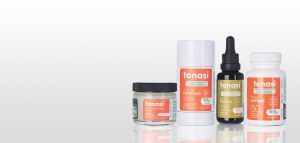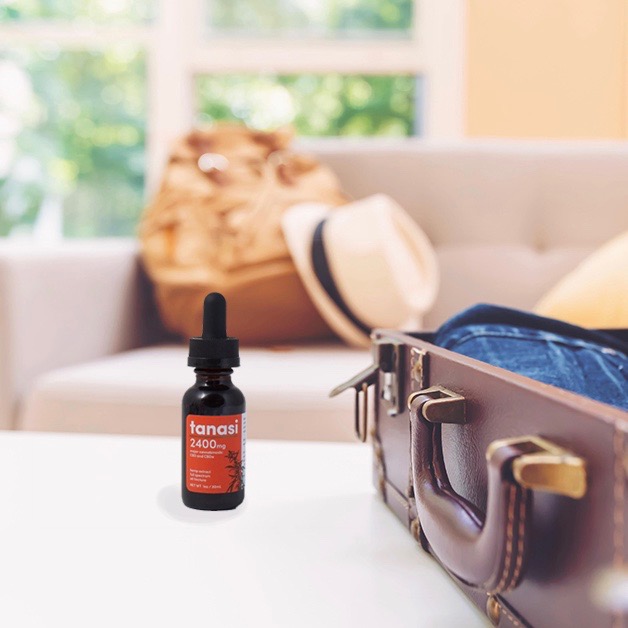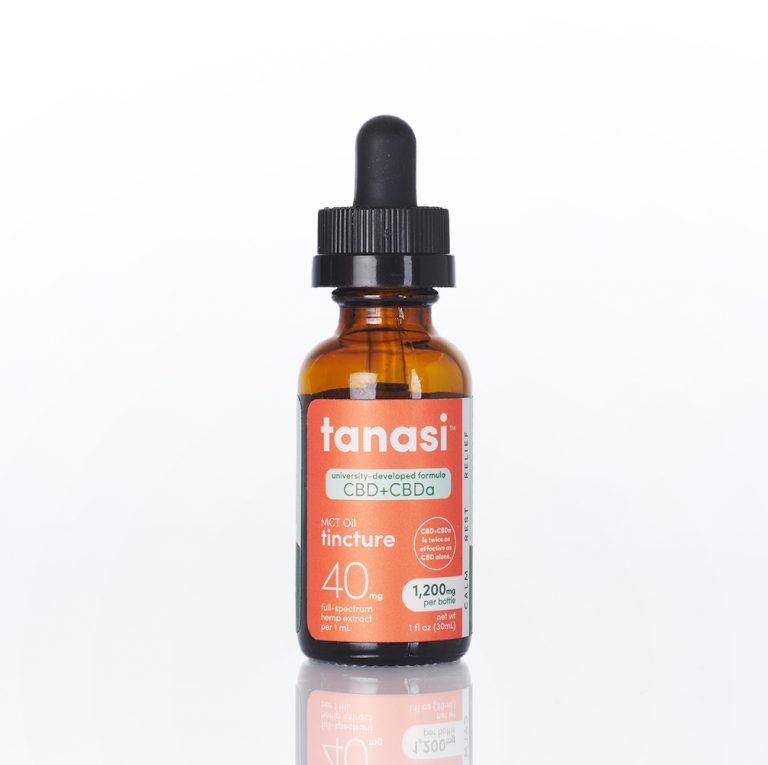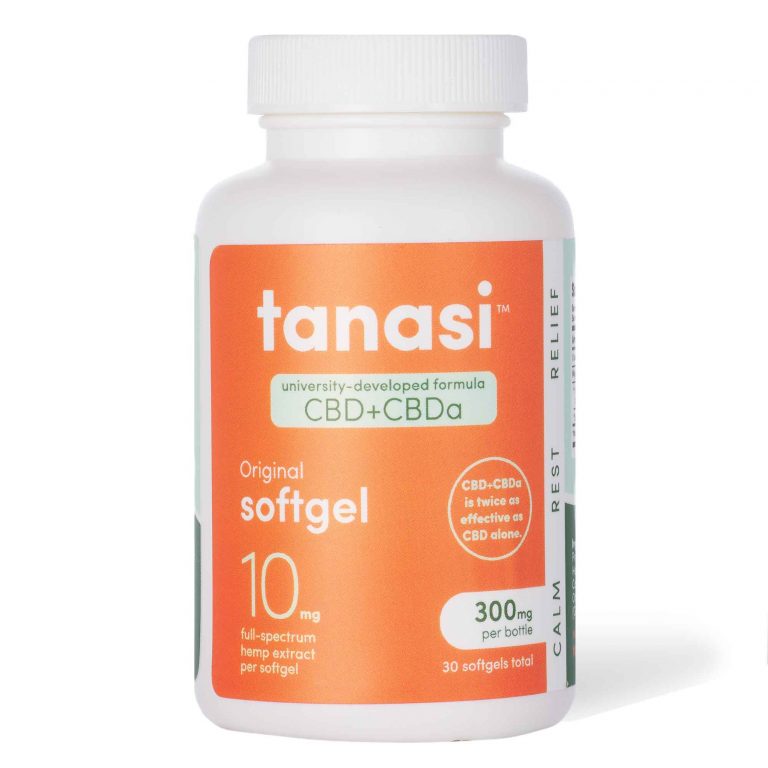Is CBD Legal in Kansas? A Comprehensive Guide
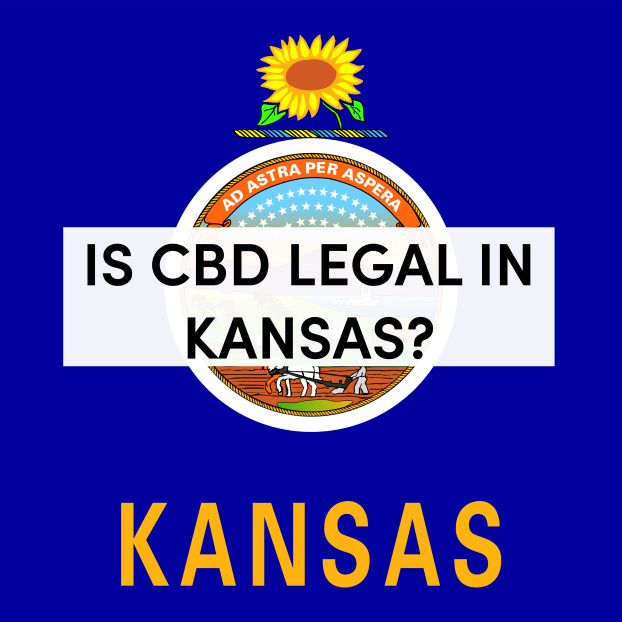
Posted on June 14th, 2023
As the CBD market skyrockets, so does the level of misinformation out there. And that’s led to some pernicious myths surrounding cannabidiol’s legality. Some people believe that cannabidiol is legal throughout the entire 50 states of the union. In a way, that’s true…but it’s not the whole story.
The reality is that CBD’s legal status comes down to each individual state rule. The most prevalent misconception among people is that the 2018 Farm Bill allowed the sale and usage of cannabidiol. Well, that is not true! What part of this bill allowed to do is to move hemp out of the outlined list of controlled substances. As of now, you can cultivate this crop in the U.S. – but there are limitations.
Firstly, the industrial hemp any farmer grows should comprise a maximum of 0.3% THC. Each American state should also submit a pilot program. Although most of the states already did, it isn’t a unanimous action. The Farm Bill did NOT legalize cannabinoids. As a result, CBD isn’t explicitly legal.
Although many states tend to allow CBD sales to progress uninterrupted, this is not true in all locations. Consequently, it isn’t a guarantee that the authorities in Kansas permit the use of CBD. Read on to answer the question is CBD legal In Kansas.
Is CBD Legal in Kansas?
Expect a complicated answer to that question since there’s no clear legislation in place. The somewhat “official” line is that Kansas residents can purchase CBD oil with 0% THC. People who derive cannabinoids from hemp understand that it can be very challenging to get zero percent THC. Generally, you can buy broad-spectrum CBD or CBD isolate products in Kansas, although not full-spectrum.
According to the Farm Bill, the Kansas state concluded that the legislation did not legalize CBD. State lawmakers then assumed that CBD remained illegal. The state Governor Jeff Colyer signed Senate Bill 282 in 2018 which exempted CBD from marijuana’s definition. Technically, CBD became legal in Kansas. But, as THC remained banned, all products having even traces of this compound remained illegal.
This without a doubt gave a hard time to CBD and hemp manufacturers, sellers, consumers, and advocates. The 2018 Farm Bill didn’t change anything. But 2019 had a few positive steps – for example, Claire and Lola’s Bill that passed in May of that year. In general, it acts as a protection against the prosecution for possession of particular products in Kansas. But, it’s a narrow bill with minimal impact. In fact, the law that passed later is more relevant.
Is CBD Legal in Kansas? CBD Laws in Kansas
The current CBD laws in Kansas are formulated by the Senate Substitute for House Bill. It introduced a Commercial Industrial Hemp Program. Prospective hemp farmers may grow their crop provided it doesn’t surpass a THC level of 0.3%.
The bill created a tremendous amount of excitement for the Kansas CBD crowd. But was it legal to buy full-spectrum CBD oil? Sadly, it was another false start. It only was a major promotional push for most CBD sellers. However, there was an official warning from the Kansas Bureau of Investigation claiming that “full-spectrum isn’t legal.” Only CBD isolate or CBD having no other controlled substance, was legal still.
This statement meant a lot for CBD brands hoping to make their way into the state. Apart from several legislation pieces, nothing changed since. Simply put, there haven’t been any legislative changes in the last year. As a result, Kansas law states that CBD is legal only if it contains 0% THC.
Undoubtedly, it’s a strange situation. Although many states don’t expressly allow CBD oil, they don’t adopt laws that are so hard to comply with. Generally speaking, they permit CBD products with 0.3% THC and below. There’s no likelihood of experiencing a mind-altering high from 0.3% THC.
Is There a Medical Marijuana (MMJ) Program in Kansas?
Considering Kansas’ stance on CBD oil, it shouldn’t be a surprise to discover that the state lacks an official MMJ program. It actually has a very restrictive law that allows low-THC oil; however, it also makes it very difficult to get it. The first marijuana prohibition was in 1927 and it never relented there.
Kansas experienced several failed attempts to implement a good MMJ program. David Haley, a Democrat, pre-filed Senate Bill 9 called the Cannabis Compassion and Care Act that allowed the use of medical marijuana for particular disorders. If passed, eligible patients might use marijuana and own six ounces or 12 plants.
Industrial Hemp in Kansas
In essence, HB2167 allowed the growth of industrial hemp. Generally, this was good news for interested farmers who now could generate money with CBD’s popularity. However, hemp has numerous excellent applications; the majority of cultivation associated with the cannabidiol industry.
SB263, the lesser-known bill signed in 2018, permitted the Kansas Department of Agriculture (KDA) to grow and promote hemp’s research and development. What’s more, it created provisions for a pilot program throughout Russell County. Generally, HB2167 expanded with this legislation.
In Jan 2020, the KDA presented its plan to the USDA. Based on a recent announcement on KDA’s website, they would continue to follow the Industrial Hemp Research Program unless its new program is accepted and established. With a few weeks of HB2167, most farmers started preparing for a potential goldmine.
The KDA had already provided 207 growers with licenses by August 2019. The current rules restrict each license to 80 acres of hemp, but it didn’t curb growers from having multiple licenses! When it comes to hemp cultivation, Kansas has tremendous potential. Generally, it has about 47 million tillable farm acres. Only a few thousand acres currently used for hemp. Within Kansas, about 90% of production comes from the CBD market.
Throughout the state, there have been reports of farmers obtaining $100,000 per acre! It actually dwarfs what you could expect for an acre of wheat, corn, or soybeans. However, this comes with a few risks, particularly if you grow outdoors. First, all plants that consist of more than 0.3% THC you must set apart and dispose of later. Besides, if a neighbor uses weed killer on your field, it might seep into your crop. As a result, your crops will fail the lab tests and thus be worth nothing.
Is CBD Legal in Kansas? How Do I Buy It?
As you’ve learned, you’re only on entirely safe ground when you use CBD in Kansas with 0% THC. However, there’s an exception because of Claire and Lola’s Law. The best option would be to locate an online vendor that, like Tanasi, sells broad-spectrum CBD oil with the added benefit of our 1:1 CBD to CBDa formulation that makes our products 2X more effective. Be sure that there’s no THC in the product, and look for third-party lab reports to confirm that status.
Is CBD Legal in Kansas? – The Takeaway
Possession of any amount of cannabis in Kansas is a misdemeanor offense, and you might face up to six months imprisonment. The distribution and sale of up to 25 grams are a felony with 14-51 months in prison. Furthermore, there’s the tiny matter of a $300,000 fine! Now, If the Kansas authorities would arrest people for consuming low-THC CBD is still unclear.
Therefore, if you must use CBD products while staying in Kansas, it would be prudent to ensure that the products contain 0% THC. If not, the best thing is to avoid CBD products until the enactment of more conducive laws for possession, use, buying, and selling of CBD products in Kansas.
As of now, it looks like marijuana and its derivatives remain taboo in this state. Still, as more people wish to experience the effects of CBD, these laws may change in the Sunflower State. Remember to request third-party lab reports whenever you purchase a CBD product.

